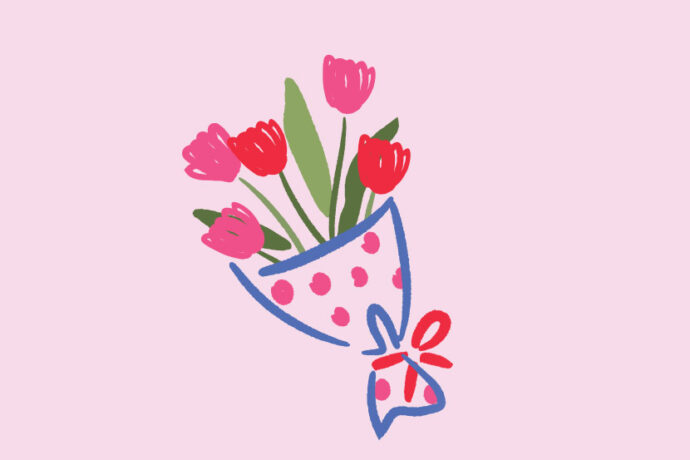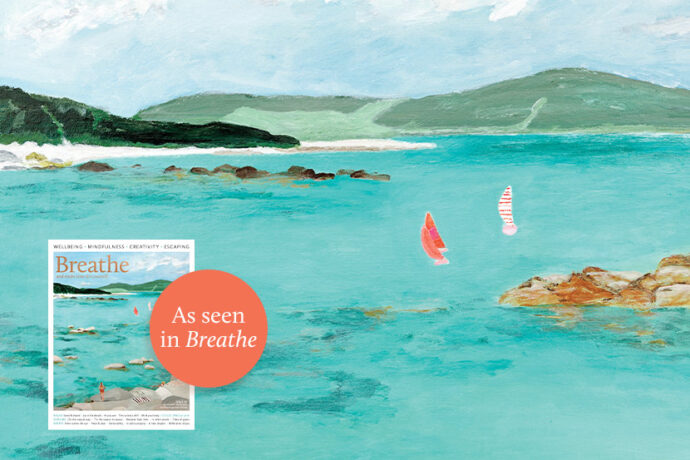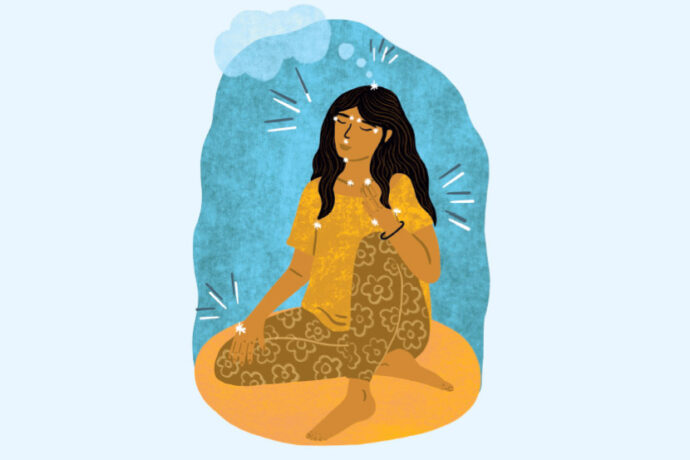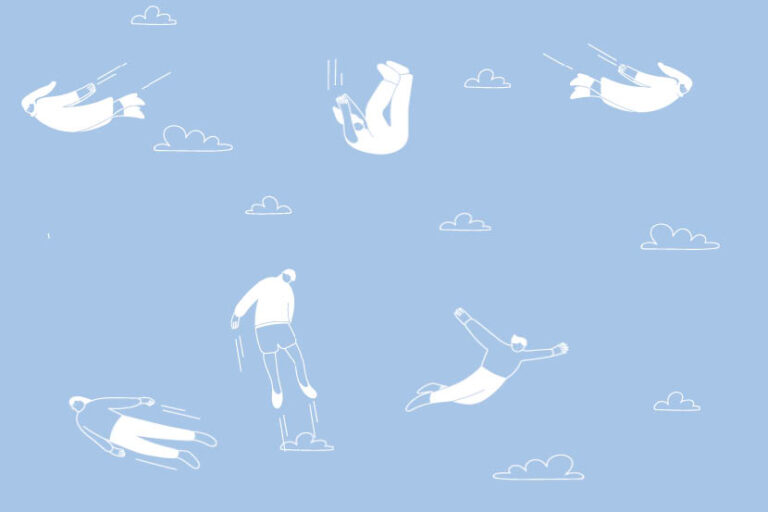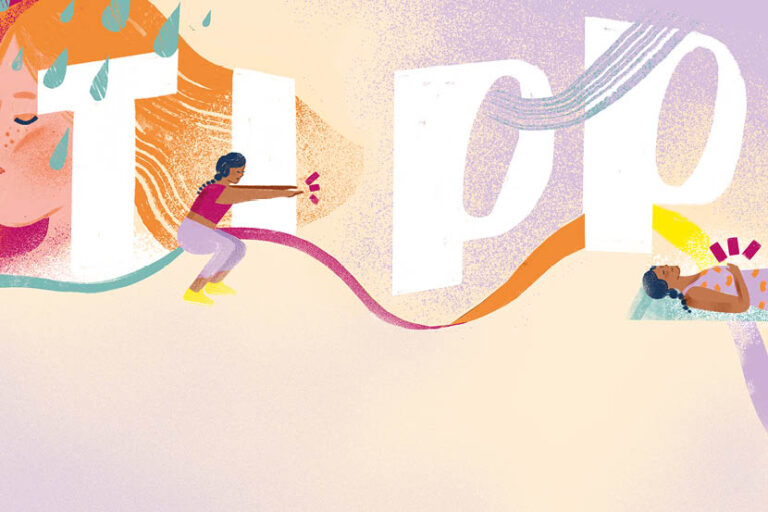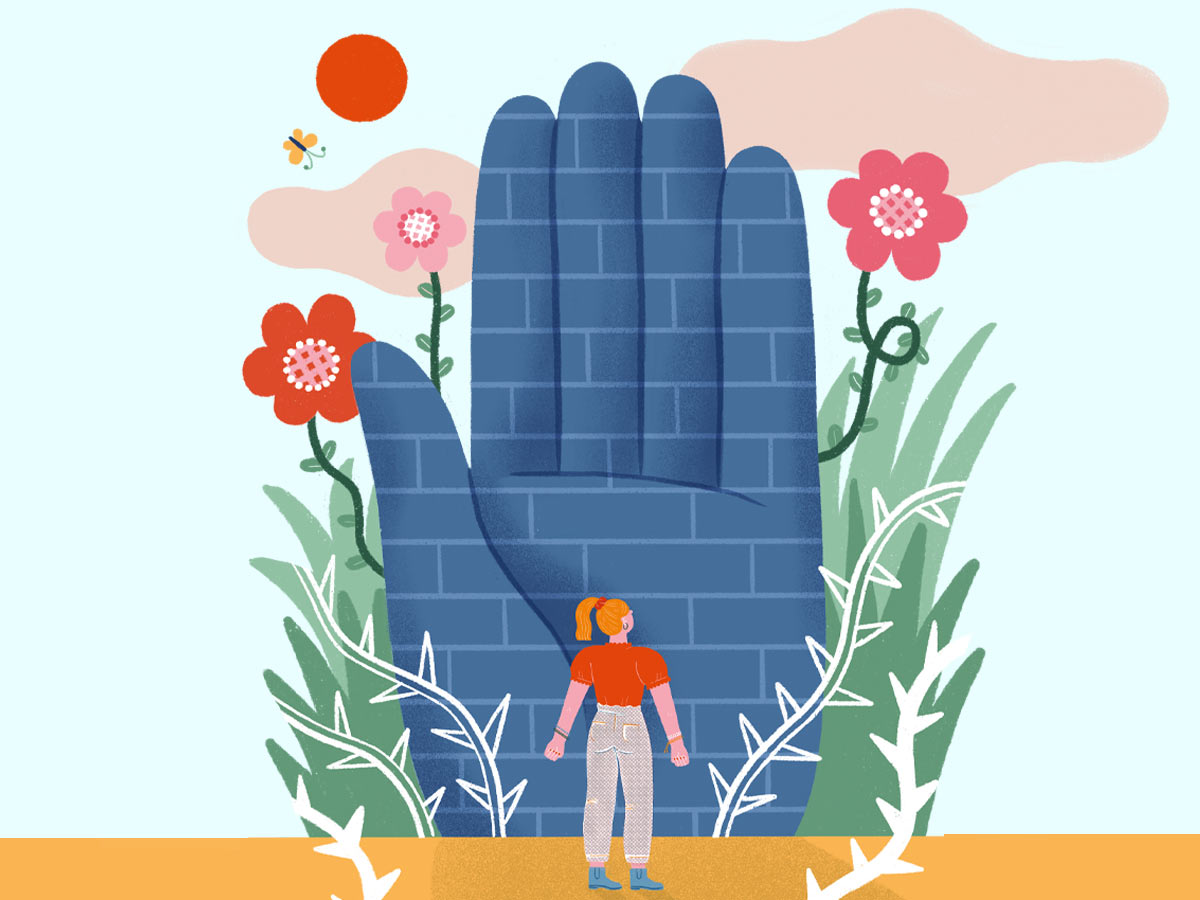
Why does being spurned get under our skin so much – and are there ways to feel more at ease with rejection?
Further to your application, I regret to inform you that you have not been successful.
It’s not you, it’s me.
I think our friendship has run its course.
Rejections, brush-offs, knock-backs come in all shapes and sizes, and from all directions. They can be as inconsequential as not being accepted as a friend on social media, or of monumental proportions, such as the break-up of a relationship with someone who you thought you would spend your life with, because they no longer feel the same way.
Mildly irritating or utterly devastating, rejection hurts and, interestingly, its effect on the brain is similar to that caused by physical pain. In a limited study conducted by the University of Michigan Medical School, volunteers’ brains were scanned while they were told the people they had selected as potential dates weren’t interested in them.
In each case, the disappointing news altered the body’s natural pain-reliever, endogenous opioids, which are typically released to ease physical aches. The study concluded that the brain reacts in much the same way, whether it’s the body that’s hurt or the emotions.
Despite the fact that rejection is a part of life, something humans encounter probably very soon after they start socialising – there can’t be many children who haven’t been left off the party-invitation list and felt the aching after-effects – we never seem to become completely inured to it.
According to psychotherapist and writer Lori Gottlieb, this is down to evolution. For the earliest humans, survival depended entirely on being accepted by the rest of the tribe so, argues Lori, humans fear rejection because it ‘goes against everything we feel we need to survive’. This primal reaction may be one reason why so many people continue to find brushing off the brush-offs difficult, no matter how many times they experience them.
Another reason we struggle, suggest psychologists, is because rejection undermines self-worth. No matter how much your rational mind will tell you not to take the rebuff personally, your emotional self will do just that, telling you that you are to blame because you’re not good enough.
‘That’s a major factor why rejection can be so debilitating,’ says psychotherapist and mental health specialist Miyume McKinley. ‘When people use it as a measure of their worth, they could be setting themselves on a dangerous path that can lead to depression, defeatism, and hopelessness. If you’re not accepted by your first-choice university, or don’t get the job, promotion, or rental home you had your heart set on, it’s an easy, yet mistaken, leap to tell yourself it’s because you’re not enough.
‘Each rejection confirms that unhelpful belief system, so you end up thinking you’re a failure. Ultimately, this can lead to loss of motivation and drive – and even to you not doing your best.’
In other words, it becomes a self-fulfilling prophecy. The more you tell yourself you’re punching above your weight, the more rigid your negative view of yourself becomes.
The best place and time to stop rejection becoming a lifelong tyrant that stifles ambition and dreams, says Miyume, is in the classroom or family home when we’re children. ‘It’s possible to have a healthy relationship with being rebuffed, and ideally that education should start in early childhood. That’s when most kids first experience rejection, so the positive lessons should start then too, to counter and diffuse the negative emotions of those initial encounters.’
Parents and teachers can try to help children build resistance and resilience by teaching them that knock-backs are inevitable, sometimes painful and, most importantly, able to be overcome. ‘Kids need to accept that they will at some stage lose out to someone else in every area of life – be that career, love, education, or friendship, just as others will lose out to them. Sometimes this will be personal – there’ll be people who won’t like them – and sometimes it won’t, but in each case their belief that they will recover and prosper must not waiver,’ says Miyume.
Don’t despair, however, if you feel your early exposure to rejection was less than ideal. These points hold true for adults, too, and it’s never too late to develop strategies to help you deal with knock-backs better, and even to use the lessons you learn to your advantage.
How to move on after a painful rejection
Acknowledge the disappointment and pain, but don’t allow it to dominate your emotions.
By all means, think about what happened and consider if there’s anything you could have done differently. Would a little more preparation have improved your chances of getting that job or promotion, for example? And were there times when you didn’t pay enough attention to that friendship you held so dear? Remember this is not a blame exercise, but an opportunity to analyse, learn, and grow. Be honest with yourself, as well as objective. Perhaps you can use the rejection as your spur to change jobs, to do more training, or to review how you behave in relationships.
Give yourself time to heal.
It might be your ego that’s bruised and not your body, but that’s immaterial. You will need a little time to recover. Treat the hurt as you would a physical injury – look after it and do things that will ease the discomfort, without resorting to using alcohol to numb the pain or diving into a rebound relationship. Your aching ego might need a massage, much like your aching body does. Think about the things you’re good at and what you like about yourself. By focusing on the positives, you will go some way towards reviving your self-esteem.
Try not to pick at your wound because this will only prolong the healing process. Take time to do things that make you feel good. You might reread your favourite novel, go for a walk, or spend some time in the garden. The world is still full of promise and potential.
Remember that rejection is not a reflection of your worth.
‘Self-worth is not dependent on anything that can be given or taken from you,’ says Miyume. ‘It is your own personal value, which is not dictated by a job or career, or friends or lovers. We are all born worthy. Do not allow anyone, any job or any situation make you feel unworthy. Rejection should not be the lens through which you view your life or value.’
Talking to your friends about how you feel is good… but only up to a point.
If you keep reliving the hurt, you are constantly refuelling the embers of disappointment and rage when it is far better to allow them to die out.
Protect yourself online.
If a friend or partner has called time on your relationship, try to avoid checking up on them on social media. No good can come of seeing them out and about having fun with your mutual friends or enjoying themselves with new people.
Change your perception of rejection.
Don’t see it as a terrifying ogre that you are too scared to confront or as an implacable foe that can leave you robbed and paralysed. At its worst it’s an inconvenience, and at best, a catalyst for change.
While it’s often uncomfortable, try not to let rejection stop you in your tracks. If it does and you find yourself unable to progress beyond the pain, or you grow to fear it so much that you stop pursuing your goals, it might help to talk to your GP or a trained counsellor.

